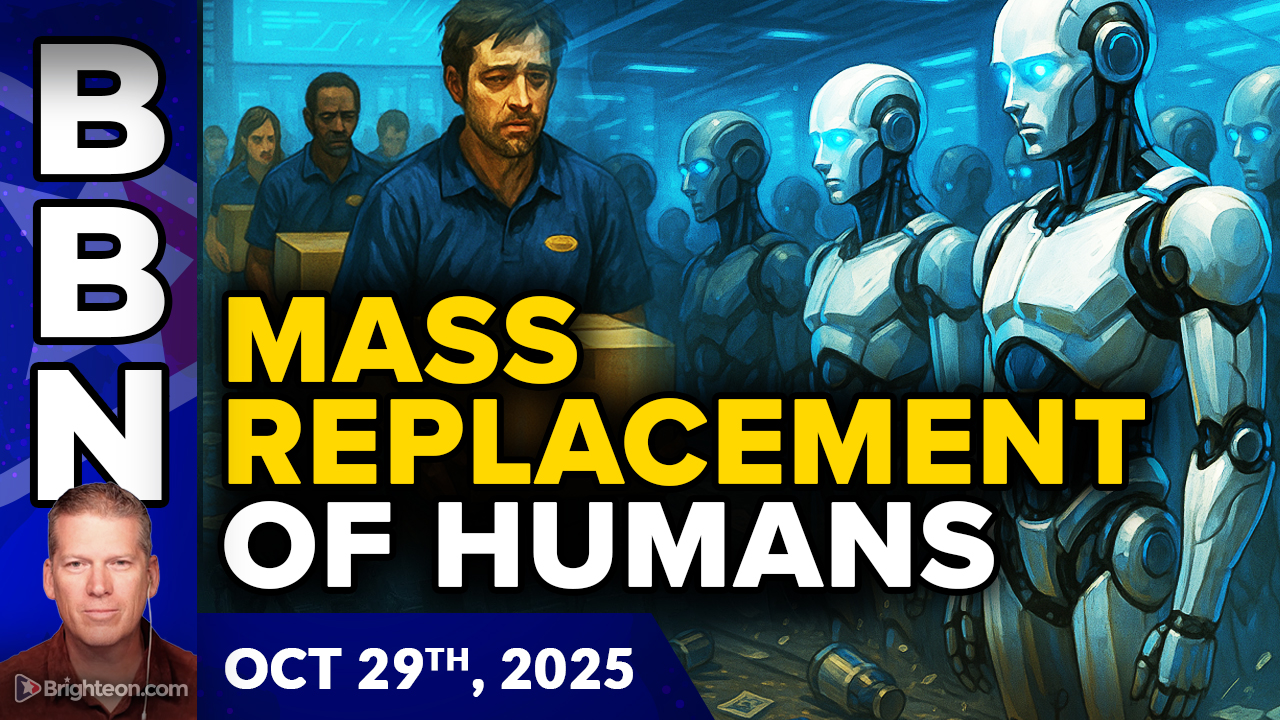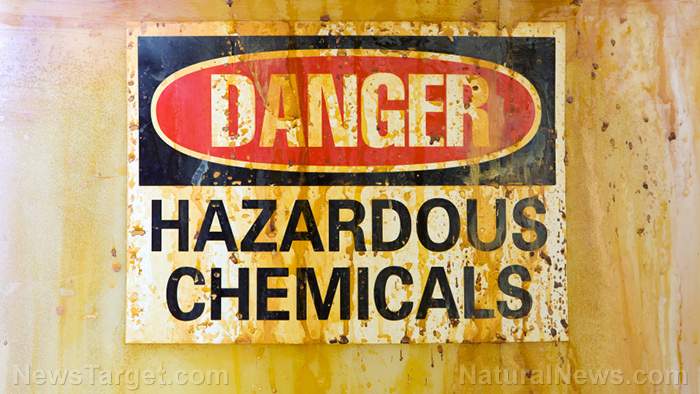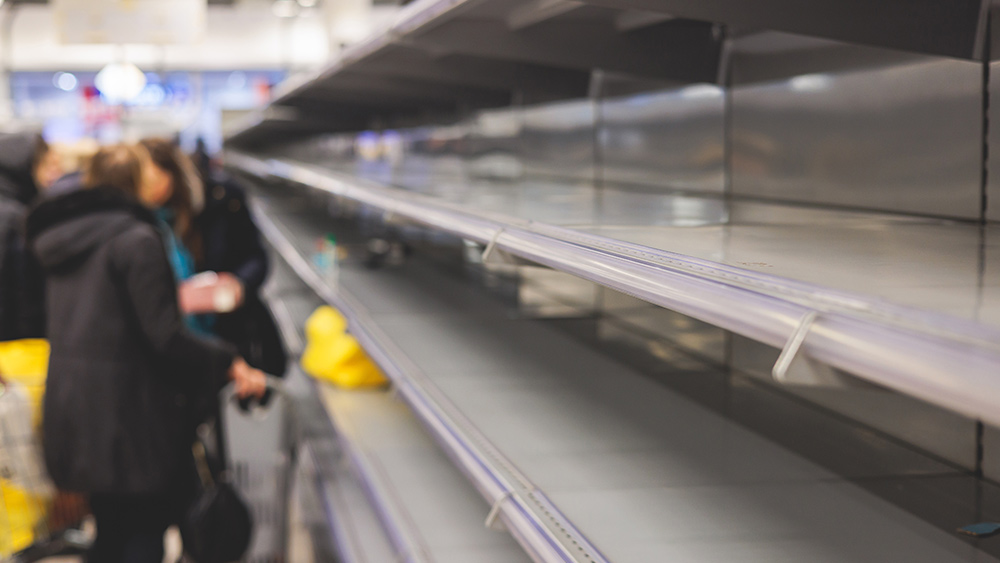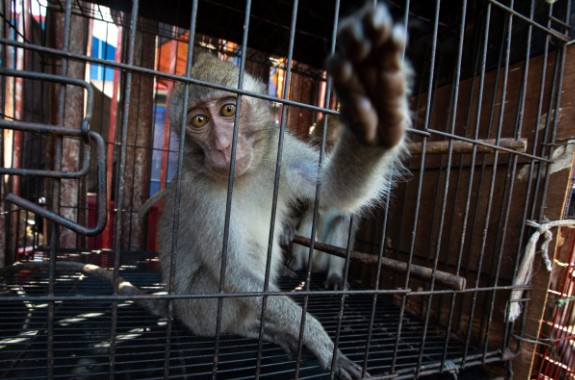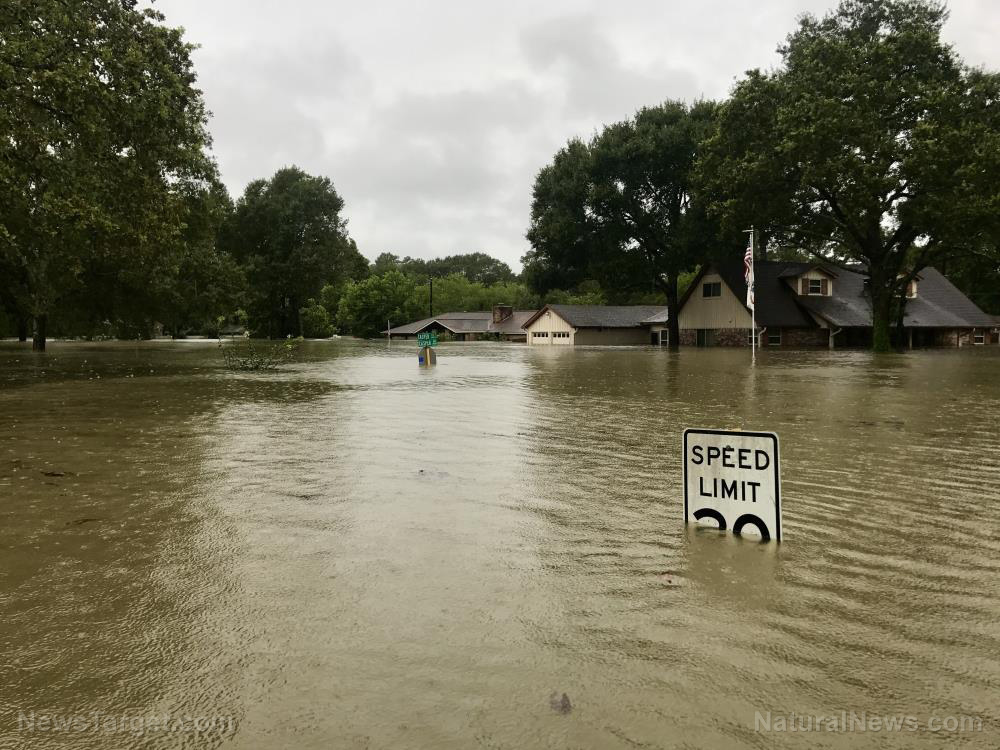 Parler
Parler Gab
Gab
- Over 91,000 pounds of ready-to-eat burritos and wraps bound for U.S. school cafeterias were recalled after testing found possible Listeria contamination – a bacteria that can cause miscarriages, meningitis and death.
- These products were part of the National School Breakfast and Lunch Programs, which serve more than 36 million children daily, many relying on them for their main source of nutrition.
- Listeria is no ordinary germ. It thrives in cold storage, hides in processed foods and strikes hardest at the very young, the elderly, pregnant women and those with weakened immune systems – making school recalls not just inconvenient, but potentially catastrophic.
- Research shows that children who eat healthy morning meals perform better in class, yet food safety lapses in school programs can turn this advantage into a serious public health risk.
- This recall is more than food safety – it's a trust story. It asks whether our public systems are equipped to protect the people who depend on them most and reminds us that food safety isn't just about what's on the plate. It's about who's being protected at the table.
What makes Listeria so dangerous?
Listeria monocytogenes isn't just another foodborne germ. It's a stealth pathogen that can survive – and even grow – inside refrigerators and freezers, defying the cold temperatures that stop bacteria in their tracks. The Centers for Disease Control and Prevention (CDC) estimates that about 1,600 Americans get listeriosis each year and roughly 260 die. Pregnant women, newborns, older adults and people with weakened immune systems are most at risk. Symptoms can start like a flu – fever, muscle aches, nausea – but in severe cases the infection invades the bloodstream or brain, causing confusion, seizures and for expectant mothers, miscarriage or still birth. That's what made this recall so alarming: It involved ready-to-eat foods served to children, a population whose immune defenses are still developing. This recall didn't come out of nowhere. A 2024 analysis in the Journal of Food Protection reviewed two decades of U.S. food recalls and found that 91 percent stemmed from product contaminants; more than half were Class I – the most serious kind; Listeria and Salmonella together caused 40 percent of all cases; and recalls of ready-to-eat foods have steadily increased from 2002 to 2023. Those numbers paint a picture of a system stretched thin. Large-scale processors handle massive volumes at razor-thin margins and institutional buyers – like schools – are often locked into low-cost contracts. When safety checks falter, it's not just a corporate problem, it's a community one.What needs to change?
Experts say fixing the system requires both policy muscle and public pressure. Among the most urgent steps include:- Stronger supplier screening: Schools should know not only who makes their food but where ingredients originate.
- Real-time alerts: Automated recall notifications that reach every district within hours, not days.
- Transparent reporting: Parents deserve to know when recalls affect local cafeterias.
- Investment in safer infrastructure: Upgrading equipment and oversight in underfunded districts.
- Smarter prevention: Expanding the FDA's "New Era of Smarter Food Safety," which uses data and traceability tech to spot risks before contamination spreads.
Rising AI use coincides with job losses and growing mental health issues
By Finn Heartley // Share
How a common “forever chemical” is silently sickening a generation of children with LIVER CANCER
By Lance D Johnson // Share
Infected lab monkeys ESCAPE after Mississippi highway crash, sparking public health concerns
By Ramon Tomey // Share
A tale of two disasters: FEMA denies Maryland as administration expands foreign aid
By Willow Tohi // Share
New study confirms: CHEMOTHERAPY causes permanent HEART DAMAGE
By Lance D Johnson // Share
Governments continue to obscure COVID-19 vaccine data amid rising concerns over excess deaths
By patricklewis // Share
Tech giant Microsoft backs EXTINCTION with its support of carbon capture programs
By ramontomeydw // Share
Germany to resume arms exports to Israel despite repeated ceasefire violations
By isabelle // Share
